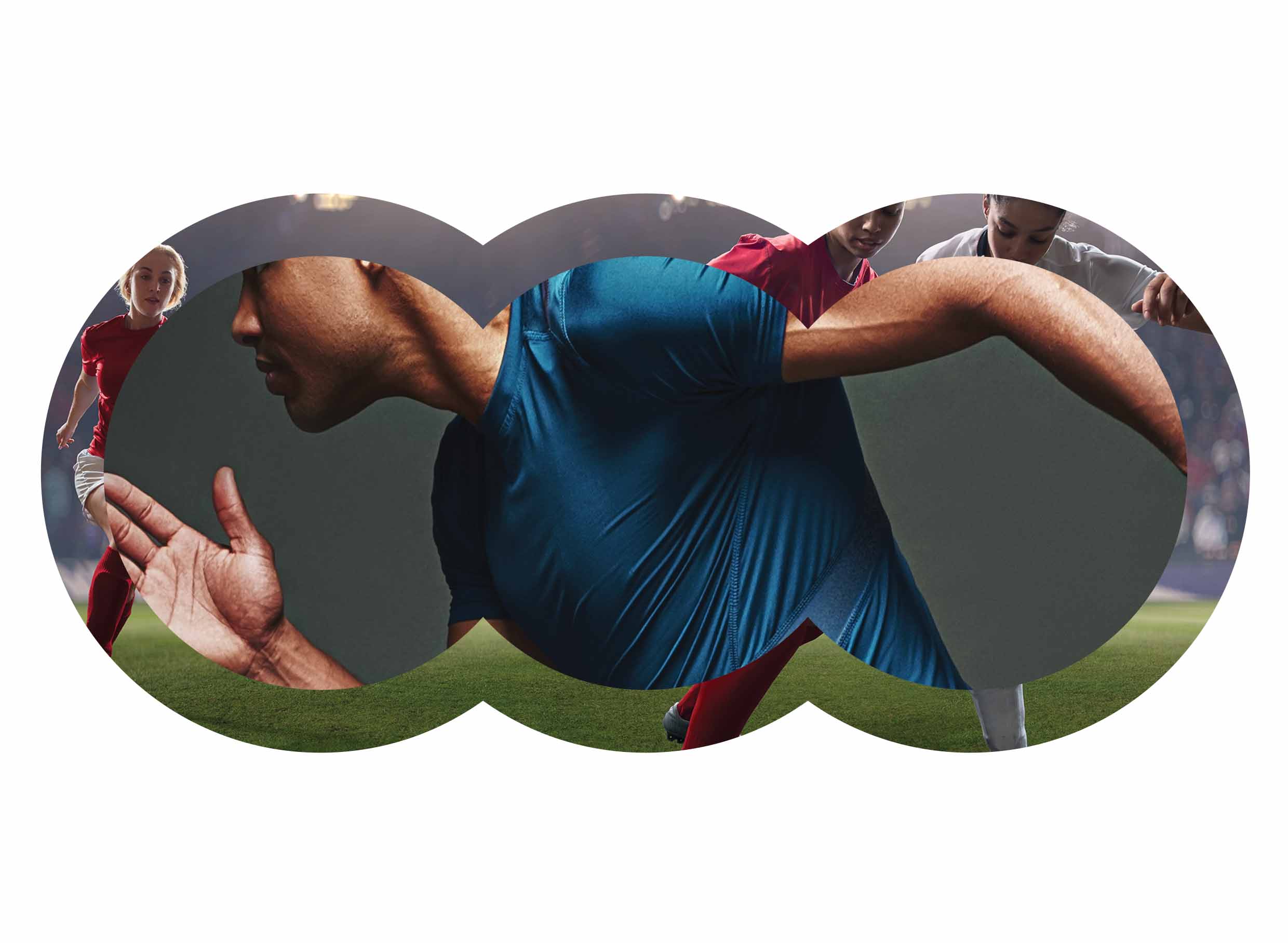The recent widespread fallout between sponsors and sporting codes is forcing a rethink of how events, such as a global pandemic and government intervention, are dealt with in future commercial contracts.
According to Australian sports law firm, Kalus Kenny Intelex (KKI), the once overlooked and lazy force majeure clauses in sports and entertainment contracts have been given a massive wake-up call due to COVID-19. The virus is also exposing the reduced commercial relevance of a rigidly transactional approach to contractual relationships.
Having just completed several major sponsorship deals involving Arsenal, Southampton and Watford football clubs in the EPL, KKI Sports Law Partner Sven Burchartz says the elevation of clauses dealing with unforeseen situations like COVID-19, and a new non-transactional approach, based on good faith and ‘outside-the-contract’ remedies, are redefining and resuscitating both large and small sports sponsorships around the globe.
“One of the main reasons why so many sports sponsorships have imploded in recent times is because the force majeure clauses in their contracts were either absent or inadequate to cover a pandemic, either by oversight, or because of imprecise language or terminology,” Mr Burchartz said.
“Whether the virus is an ‘Act of God’, or something else, the shorter form of force majeure clauses are now being rewritten to include specific terms like ‘epidemic’, ‘pandemic’, or ‘public health emergency’ and broadened to cover the contract as a whole.
“The other very public and sometimes destructive consequence of not having the right force majeure provision in place is when parties seek to terminate or renegotiate their contractual obligations.
“In the face of enormous financial risk, sponsors are simply walking away from their contractual obligations or seeking to reduce the cash cost of their sponsorship on the grounds that the pandemic has ‘frustrated’ the contract, with contractual rights not being delivered as promised.
“In many of these situations, the contractual dispute is played out in the public eye, causing long and unwanted stand-offs, personal attacks on peoples’ management styles, and various reputational issues for both parties. When this happens, the foundations of the contract, and the relationships that enable it, are often irreparable. There’s usually no going back,” Mr Burchartz said.
KKI’s Commercial and IP Partner Natalie Lasek said the pandemic was forcing sponsors and sporting entities to consider new and creative ways to negotiate commercial contracts and manage future risk.
“What we’re seeing in the UK and in Australia is that sponsorships are moving towards a more qualitative contract framework, where parties are mindful of each other’s business imperatives and goals, and where commercial relationships are seen as a long-term investment.
Before entering into a formal sponsorship deal, parties are working through detailed force majeure provisions together, building in renegotiation and contract extension terms, and looking at what other types of rights can be added or substituted, if a force majeure event occurs.
“As much of this current renegotiation is happening outside the legal framework, a new normal is rapidly emerging within the sports sponsorship landscape with a greater emphasis on collaboration between the parties,” Ms Lasek said.



